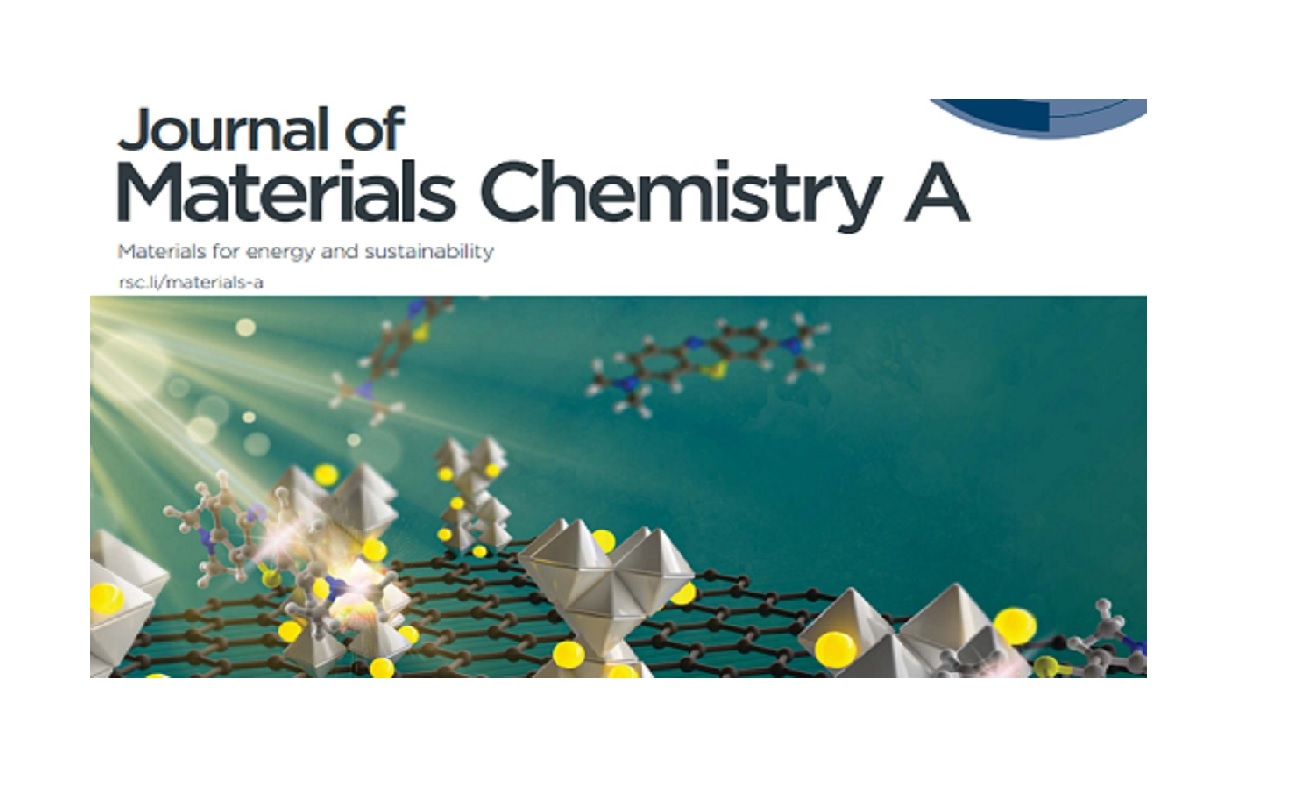
LSBU engineering research highlighted by Royal Society of Chemistry
The Royal Society of Chemistry’s, Journal of Materials Chemistry A has included an article by Dr Suela Kellici, Associate Professor in Materials Engineering from London South Bank University (LSBU), in their 2023 Most Popular Articles collection. This collection by a very highly ranked research journal highlights articles in 2023 which received major attention from readers (citations, downloads and shares).
The LSBU research highlighted by the Royal Society of Chemistry was on the successful integration of nano-level engineering and advanced modelling techniques to develop outstanding materials that harness the power of light. These materials have a wide range of industrial applications (i.e. solar fuel and water treatment) and offer exciting possibilities in:
- Energy conversion (transformation of energy from forms provided by nature to forms that can be used by humans)
- Environmental remediation (cleanup of hazardous substances with the removal of pollution from the environment e.g. soil).
In 2021, another LSBU article on Continuous Hydrothermal Materials Synthesis (a single step process that uses supercritical water to manufacture within seconds highly controlled advanced nanomaterials) was selected as Editor’s Choice of outstanding recent manuscripts by Journal of Materials Chemistry A.
In 2020, “Using Water for Next Generation 2D-Materials” project made it as finalists inIChemE Global Awards 2020 in the Research Project category. And last year recent collaborative work was selected by the Royal Society of Chemistry’s Materials Advances journal which brought together the most well received papers published in Materials Advances in 2023.
Dr Suela Kellici, LSBU Associate Professor in Materials Engineering, said, “It is an honour that our work has been highlighted by the Royal Society of Chemistry’s journalin their ‘2023 Most Popular Articles collection. It shows how LSBU’s leading research on engineering is reaching large numbers of people and is being recognised by prestigious academic journals.”